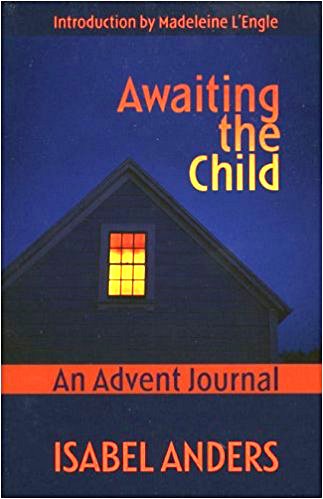Buechner: Counter Culture
“To pray for your enemies, to worry about the poor when you have worries enough of your own, to start becoming yourself fully by giving of yourself prodigally to whoever needs you, to love your neighbors when an intelligent 4th grader could tell you that the way to get ahead in the world is to beat your neighbors to the draw every chance you get—that was what this God asked, Paul wrote.” Frederick Buechner, Quote of the Day, first published in The Clown in the Belfry.
phtography by Joanna ES Campbell
Buechner reminds us how countercultural the Christian faith was from the get go as well as today. There is no better time to experience this than in the season of Advent in the church year. It is the four weeks before Christmas at the beginning of the church year. While during December our culture is hurrying, overloaded, frantic, caught up in a commercial craziness, the season of Advent calls us to a quiet preparedness, watching, waiting, pausing. In fact, the staff at our church has made “pause, breathe, wait, watching for the Christ child” as our theme for the season. “Pause, Breathe, Wait, Watching for the Christ Child.”
Advent is my favorite season, and this call to quietness makes it even more so. We put on pause the cacophony inside and outside of our heads, sit in a favorite chair, look or walk outside, light candles, feel something moving inside of our body as we move from our head to our body and become grounded to the present moment.
The air we breathe in and out is full of the anticipation of new birth in us and the world. The Christ child who is already within us wakes up and opens its eyes and smiles as the Christ within us sees the light of Christ across the room in someone we want to know better who seems quite different from us.
Joanna joannaseibert.com


